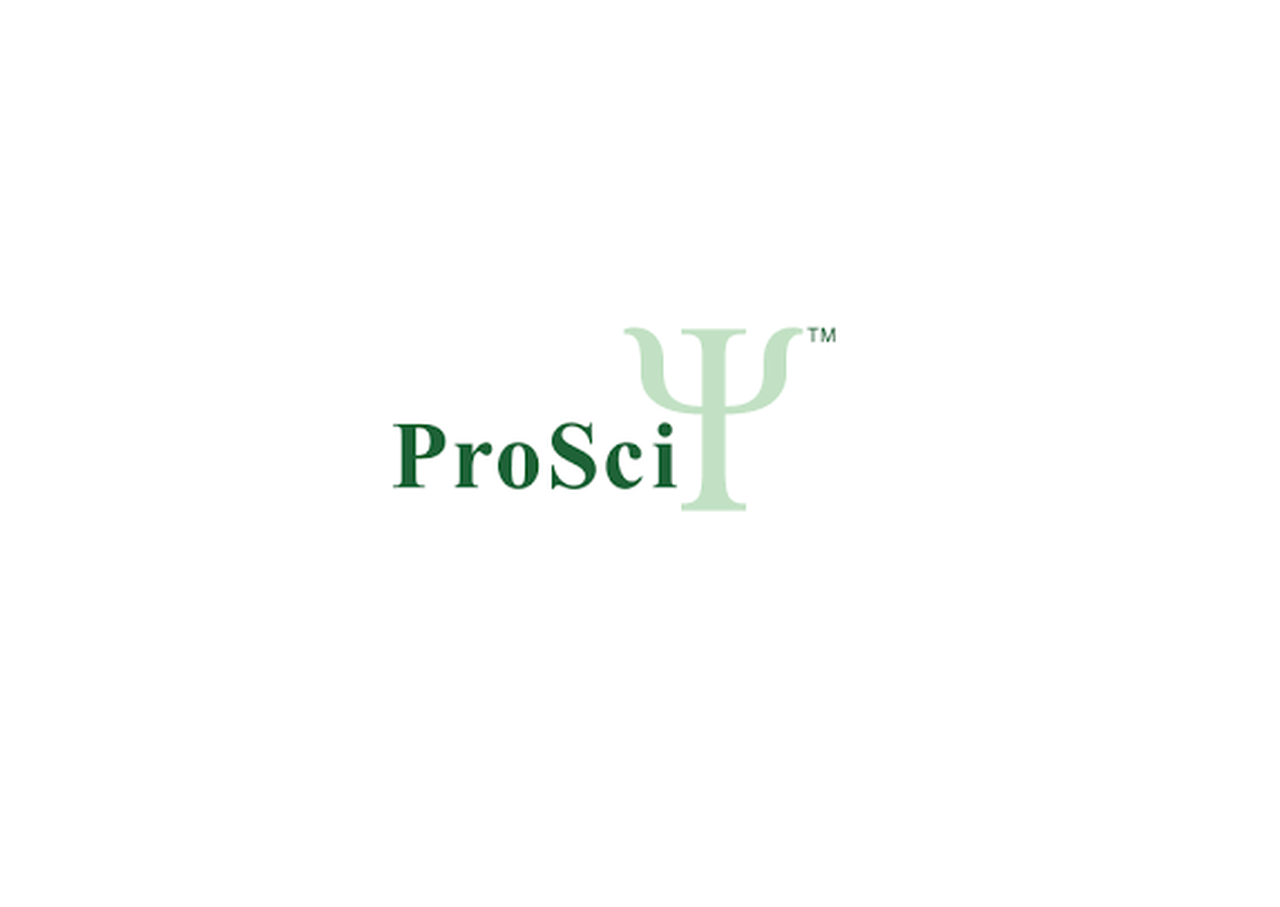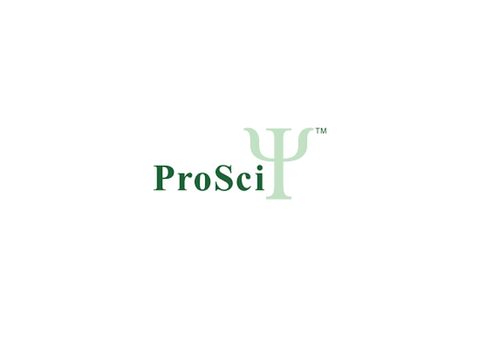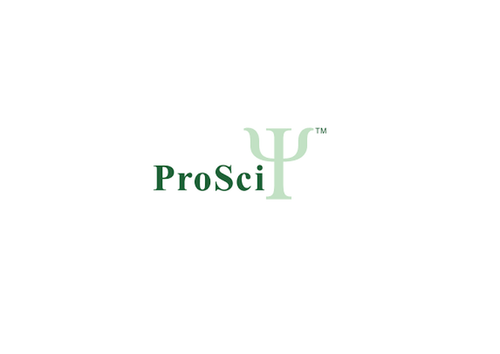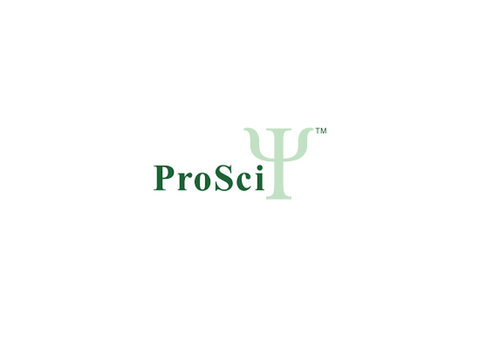Product Description
PROX1 Antibody | 60-973 | ProSci
Host: Rabbit
Reactivity: Human
Homology: Predicted species reactivity based on immunogen sequence: Mouse
Immunogen: This PROX1 antibody is generated from rabbits immunized with a KLH conjugated synthetic peptide between 175-206 amino acids from human PROX1.
Research Area: Neuroscience
Tested Application: WB
Application: For WB starting dilution is: 1:1000
Specificiy: N/A
Positive Control 1: N/A
Positive Control 2: N/A
Positive Control 3: N/A
Positive Control 4: N/A
Positive Control 5: N/A
Positive Control 6: N/A
Molecular Weight: 83 kDa
Validation: N/A
Isoform: N/A
Purification: This antibody is purified through a protein A column, followed by peptide affinity purification.
Clonality: Polyclonal
Clone: N/A
Isotype: Rabbit Ig
Conjugate: Unconjugated
Physical State: Liquid
Buffer: Supplied in PBS with 0.09% (W/V) sodium azide.
Concentration: batch dependent
Storage Condition: Store at 4˚C for three months and -20˚C, stable for up to one year. As with all antibodies care should be taken to avoid repeated freeze thaw cycles. Antibodies should not be exposed to prolonged high temperatures.
Alternate Name: Prospero homeobox protein 1, Homeobox prospero-like protein PROX1, PROX-1, PROX1
User Note: Optimal dilutions for each application to be determined by the researcher.
BACKGROUND: The expression pattern of Prox1 suggests that it has a role in a variety of embryonic tissues, including lens. Prox mRNA is present in many different human tissues with lens demonstrating the highest level. Homozygous Prox1-null mice die at midgestation from multiple developmental defects, and a targeted effect on lens development has been reported. Prox1 inactivation caused abnormal cellular proliferation, downregulated expression of the cell cycle inhibitors Cdkn1b and Cdkn1c, misexpression of E-cadherin, and excessive apoptosis. Consequently, mutant lens cells failed to polarize and elongate properly, resulting in a hollow lens. Prox1 is expressed in a subpopulation of endothelial cells that by budding and sprouting give rise to the lymphatic system. Prox1 appears to be a specific and required regulator of the development of the lymphatic system. Prox1 also has been documented to be required for hepatocyte migration in the mouse. Loss of Prox1 results in a smaller liver with a reduced population of clustered hepatocytes. The homeodomain protein Prox1 regulates the egress of progenitor cells from the cell cycle in the embryonic mouse retina. Cells lacking Prox1 are less likely to stop dividing, and ectopic expression of Prox1 forces progenitor cells to exit the cell cycle. Prox1 acts as a key participant in progenitor-cell proliferation and cell-fate determination in the vertebrate retina.
 Euro
Euro
 USD
USD
 British Pound
British Pound
 NULL
NULL










